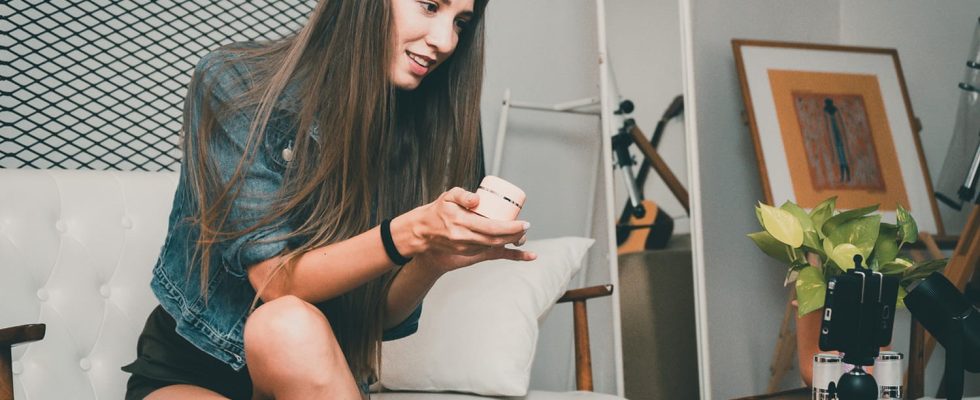This summer, no fewer than 14 influencers were nabbed by fraud enforcement for using deceptive marketing practices. Worse, some even go so far as to promote dangerous products or services!
Bruno Le Maire had however warned! This summer was punctuated by announcements from the General Directorate for Competition, Consumer Affairs and Fraud Prevention (DGCCRF) which, every week, makes public the name of one or more influencers who have violated the new law which now regulates this profession (see our article). A practice of “name and shame” – which consists of publicly pointing the finger at people or companies that do not comply with the legislation, in order to warn the general public – which accompanies the checks carried out by the organization. And as much to say that the offenses are numerous! According to the Minister of the Economy, the DGCCRF indeed checked 50 websites and influencer accounts – mostly on Instagram – in the first quarter of 2023, i.e. “three times more than in normal years”, and noted no less than 30 violations. For the moment, 14 influencers have been publicly pinned, out of the 18 concerned by injunctions to cease illicit practices and the 16 criminal reports, as reported BFM TV. Mistrust is in order!
Deceptive marketing practices: hidden advertisements and cosmetic surgery
Many influencers are guilty of carrying out hidden advertising. Indeed, “Any publication (posts and stories) relating to a paid commercial partnership must make it possible to identify its commercial intention and the person on whose behalf it is carried out”, recalls the DGCCRF. Simply put, some posts and posts from these “content creators” implied that the product they were recommending to their subscribers was based on their personal experience, when in fact they were directly or indirectly paid to do so. This is the case of influencers Laura Agogue (144,000 Instagram followers), Simon Castaldi (337,000 Instagram followers), Laura Marra (251,000 Instagram followers), Léa Monchicourt (247,000 Instagram followers), Gaetan Debled (52,000 Instagram followers ), Fanny Sanial (340,000 YouTube subscribers) and Rym Renom (1.8 million Instagram subscribers).
But some ads are more serious and dangerous than others. Thus, the promotion of certain products, such as alcoholic beverages, tobacco, fossil fuels, medical services and risky financial products, is particularly regulated by law, for reasons of general interest. Also, the Government now prohibits advertising for cosmetic surgery on social networks. This did not prevent Anthony Matéo (1 million Instagram subscribers), Mélanie Orlenko (776,000 Instagram subscribers), Amandine Pellissard (380,000 Instagram subscribers) and Gulfer Taskiran (485,000 Instagram subscribers) from promoting injections of hyaluronic acid carried out by a person having no qualification for that. The latter also promoted counterfeit products.
Influencer scams: dangerous products and services
With its new law, in addition to banning advertising for risky financial products, the Government limits commercial influence on crypto products and services to companies and associations with a license, because some “influencers” make their subscribers that they can earn money easily. Thus, reality TV influencer Julien Bert (1.9 million Instagram subscribers) was called to order for promoting illegal trading services, promising “certain and regular gains”, while Illan Castronovo (2.2 million Instagram subscribers) and Mélanie Orlenko (decidedly!) have for their part promoted a sports betting advice service, as well as a system aimed at diverting money from the personal account of training (CFP).
Finally, some influencers have been pinned for having promoted products by attributing to them medical virtues that have not been scientifically proven. On this point, the influencer Capucine Anav (1.7 million Instagram subscribers) hit the jackpot by praising the absence of bisphenol A in teats – even though this substance is prohibited by law – and ensuring that anti-radiation patches to stick on his smartphone were the miracle solution against the waves emitted by the latter – whereas they are useless, and even dangerous (see our article)! This also gave rise to a surreal sequence on BFMTV where, when asked about it, she had again promoted the accessory. Note however that, despite all these injunctions, the Instagram accounts of all the influencers mentioned are still accessible. With the new law, the latter incur up to two years in prison and a fine of 300,000 euros.
